MARDAN (from Khurshid Wahab): Chairman Board, Prof. Jehanzeb Khan Toru, announced that the Mardan Board paper leaks menace has been completely eliminated. He described this achievement as a matter of pride, noting that strict anti-cheating measures during examinations have restored public trust in the institution.
Speaking at the Meet-the-Press program at Mardan Press Club, Prof. Jehanzeb addressed current educational challenges and outlined the Board’s future roadmap. He said reforms aim to enhance transparency, merit, and efficiency in the examination system while ensuring fairness for all students.
He highlighted that new reforms focus on student facilitation and raising academic standards. According to him, integrating modern technology into Board affairs will reduce errors and strengthen credibility.
Prof. Jehanzeb also stressed the importance of collaboration between educational institutions and the media to spread awareness about educational policies. Responding to journalists’ questions, he assured that all concerns of students and institutions would be addressed without delay.
The Chairman declared that no compromise would be made on illegal practices. He shared that under his administration, 22 long-awaited staff promotions were granted, giving employees their due rights.
Acknowledging the media’s role in shaping society, he noted that non-professional journalists sometimes damage the credibility of their professional peers. He credited careful planning and reforms for restoring confidence in the Board when he assumed charge.
Emphasizing merit, he said, “Nations are built on institutions, and institutions are built on merit.” He assured students that marks are now awarded solely on hard work. He reaffirmed that no Mardan Board paper leaks will occur in the future, citing the last examination’s success as proof.
The session ended with recognition of the Press Club’s role in addressing educational issues and bridging gaps between institutions and the public.
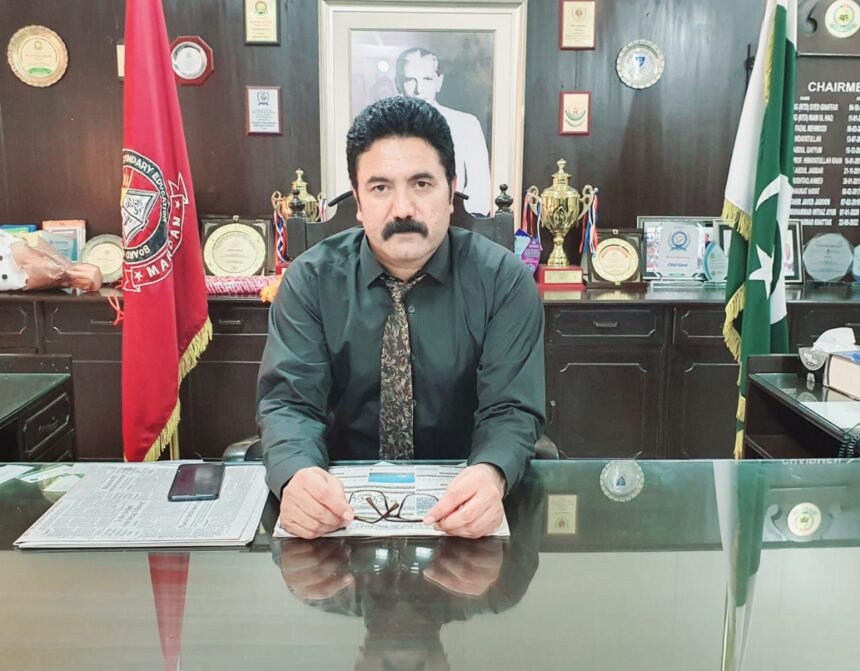


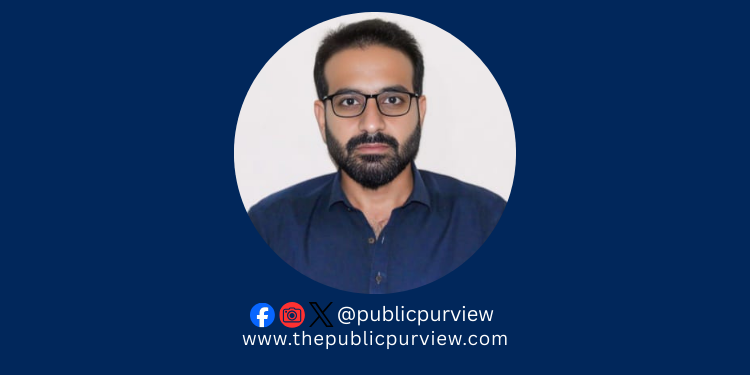
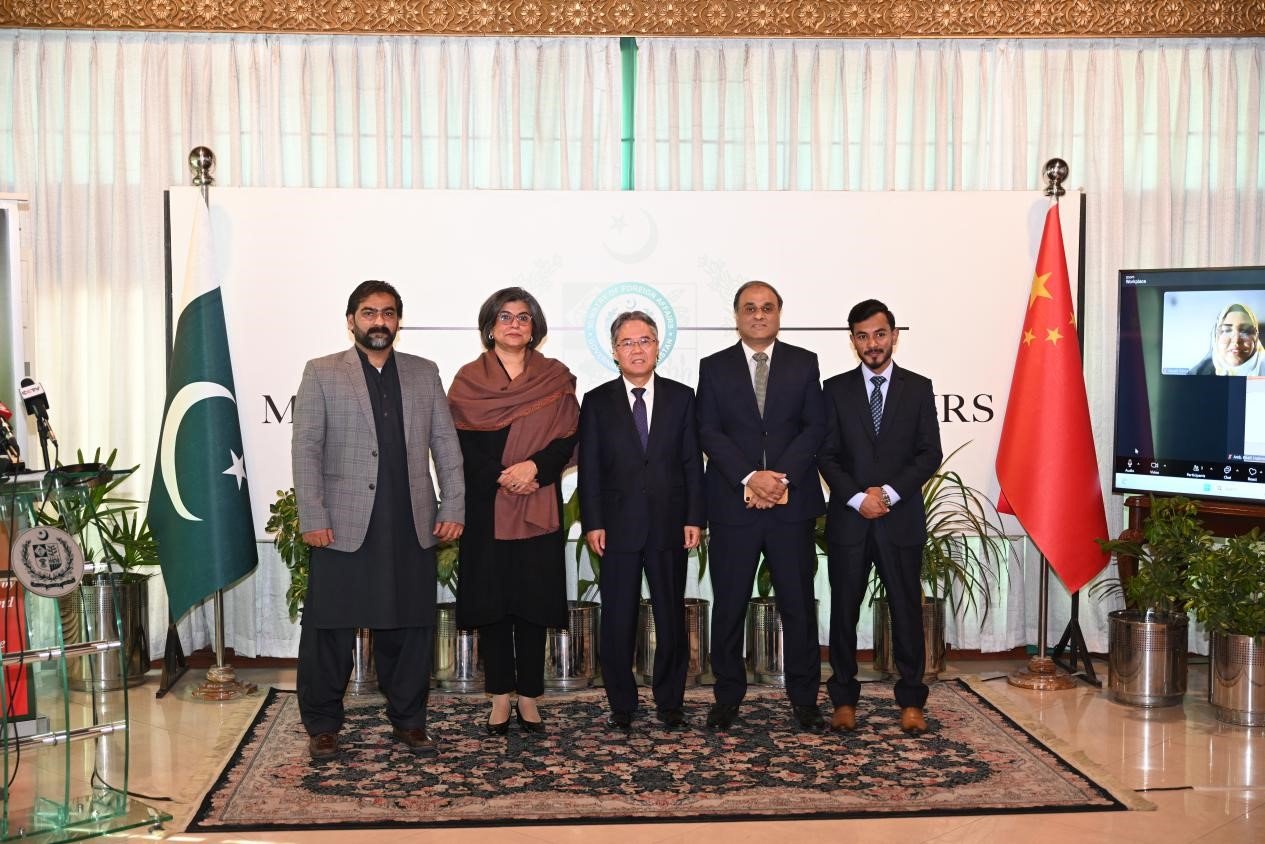
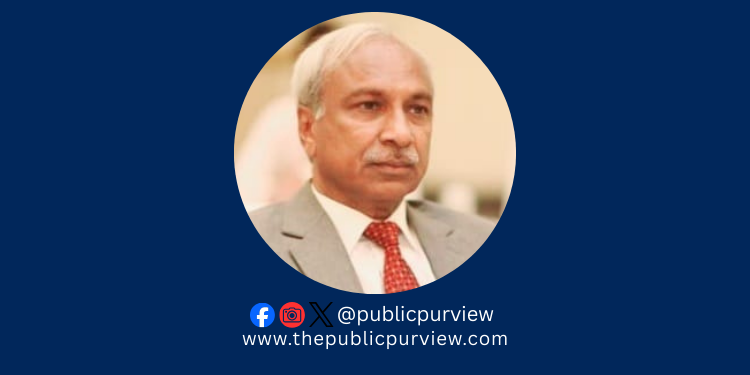
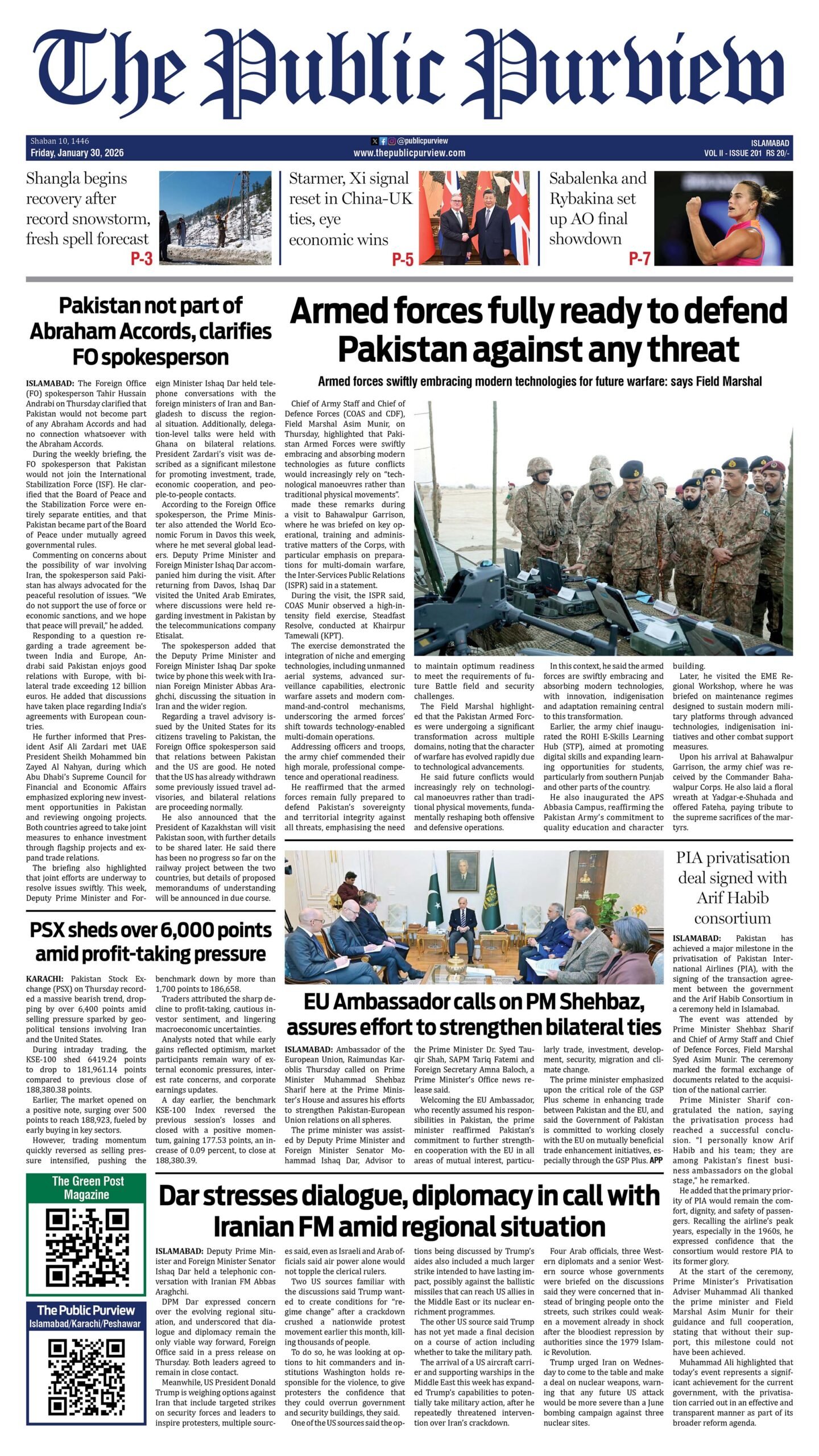 Today's E-Paper
Today's E-Paper